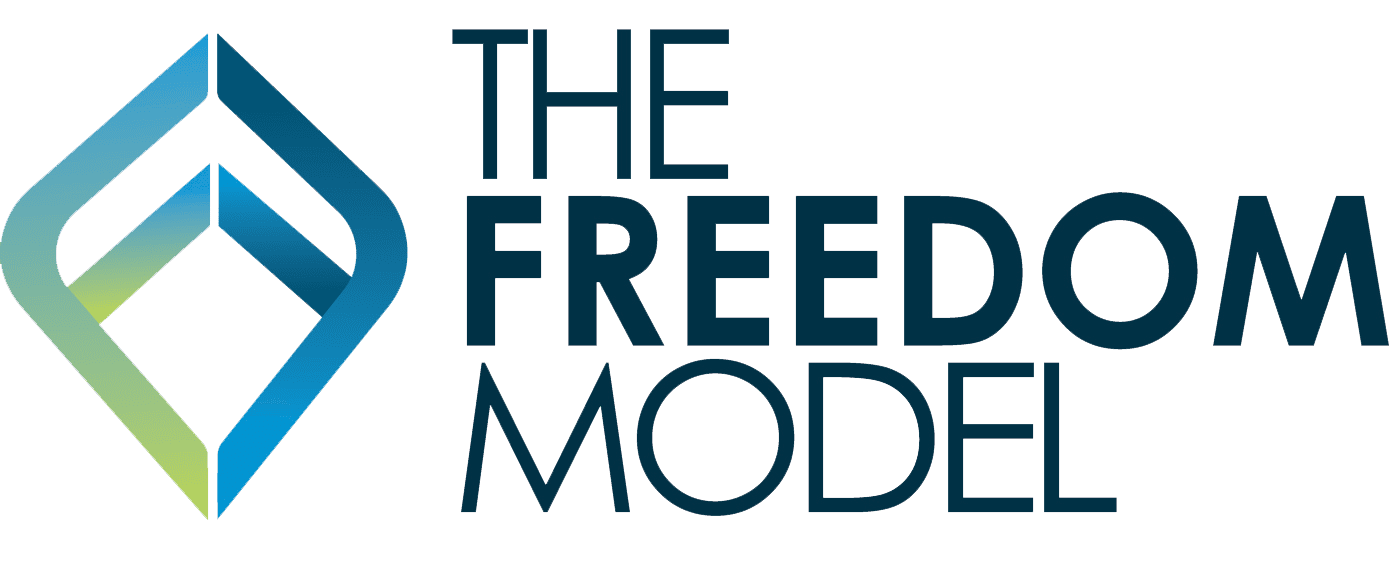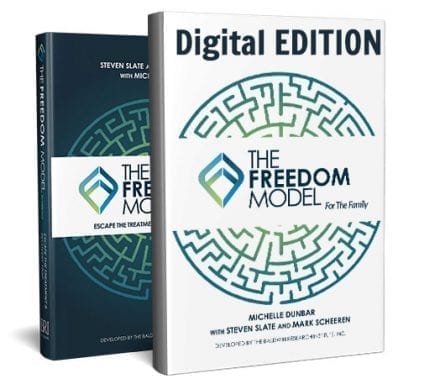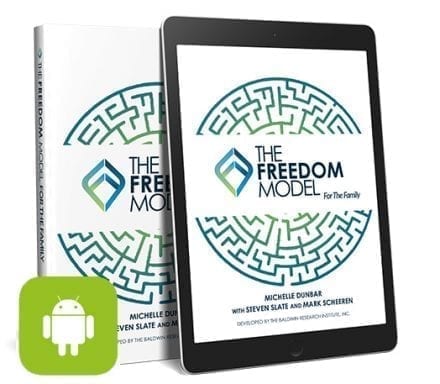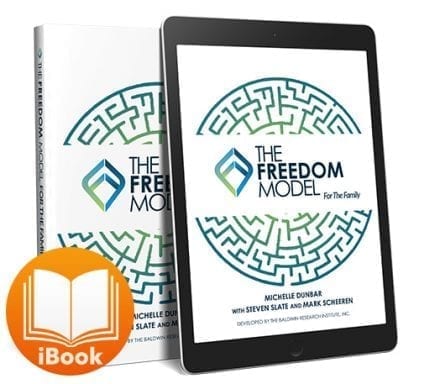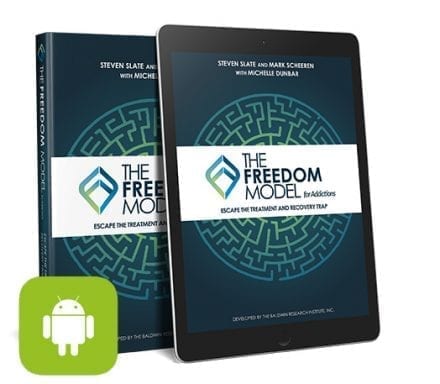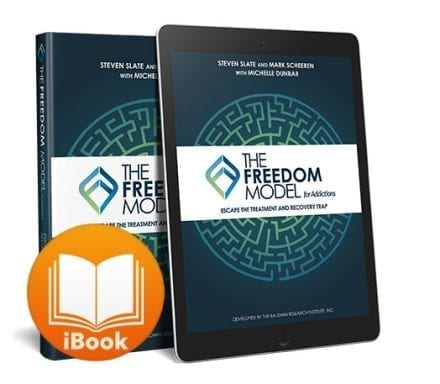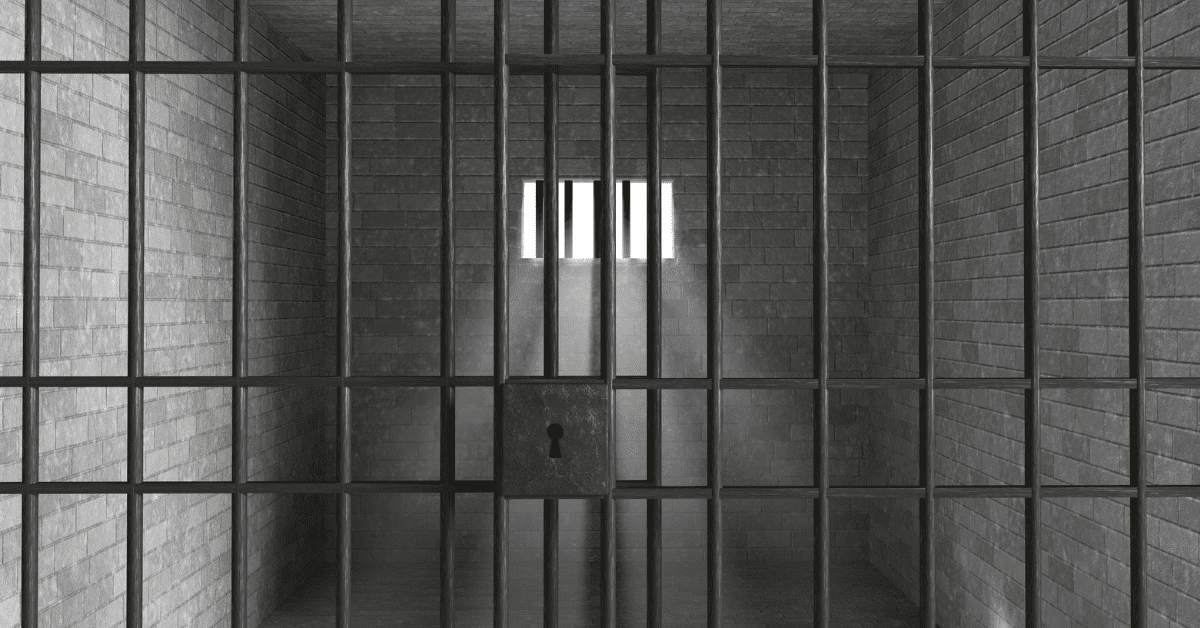
Leaving the Cage of “Recovery” – Why is it Difficult Sometimes
When I wrote Chapter 12, Leaving the Cage of Recovery, in our book, The Freedom Model for Addictions, I didn’t realize how important this particular chapter would become to so many people. At that point in my life (2016) I was already decades down the road from the visceral pain and fear I felt when I was leaving the recovery cult, myself. I’d already faced the fears associated with leaving the cold comfort of 12 step groups and “recovery” minded “friends”. I wrote that chapter from a much different place. It was only when I returned to coaching others in The Freedom Model that I was reminded of the raw emotions of intense fear and despair that can be a part of leaving the recovery society behind for good.
Why Leaving AA and NA and “Recovery” Can Be Scary
Leaving the recovery society (in whatever form you might find yourself in: treatment, rehabs, clinics, sober living, 12 step groups, endless MAT regimens, etc.) can be scary at first. There is a certain comfort in some hand-holding by others who’ve “been where you’ve been” at an intensely vulnerable point in one’s life. Steps, regimens, support systems, all sound like a framework of success, so people become extremely attracted to it. Many, like myself, skeptically cling to recovery’s empty promises and platitudes for a bit, but most eventually break free to move on to better alternatives.
In the recovery world, people are constantly reminded that they are “weak and need to be supported”. This crippling idea coupled with being led by well-intentioned (and some not so) sponsors, mentors, counselors, and supposed treatment professionals, has a ring of comfort and eventual success to it. This is even more alluring when you’ve just come off a lonely binge that’s left you physically and emotionally bankrupt and vulnerable. Frankly, at that point, ANY “system of help” sounds really good! I know, I was there.
But then something happens as you integrate more deeply into these recovery support networks; you find them falling short of your expectations – way short. People report feeling stifled and caged while others say they feel judged and preyed on by people in the group. You never seem to be “spiritual enough” or “selfless enough”, as you keep waiting for that “happy, joyous, and free” life you’ve been promised.
Through all of this, your positive drive principle (PDP) (if you don’t know what that is, read Chapter 7 in The Freedom Model for Addictions- get your free digital copy here by using Promo Code FREEDOM100) is driving you to want more. It’s quite natural to expand and evolve as a person over time, and your PDP kicks into overdrive when you start to realize you’re feeling just as bad or worse in recovery than you did when you entered it!
Unfortunately as you navigate the world of endless meetings, slogans, platitudes, and temporary crutches, you may find that your strong preference for using substances remains fully intact. Even if you built a full life “sober”, you find yourself thinking about how nice it would be to relax with a drink, or have a night off, “escaping” with your favorite substance. And so your desire for the comfort of your old habit returns, causing an internal battle. What you may not realize is the recovery society has unwittingly fed this desire. It continuously builds up the supposed magical and demonic powers of substances, while simultaneously telling you that you are permanently weak and broken and will always want it.
None of the misinformation, mythology, and feel good nonsense you learned in recovery has encouraged growth of any kind! This pattern of lies, deception, and fear-mongering are the very techniques cults use to keep people trapped in never-ending “recovery”. You feel trapped and caged because of the misinformation and beliefs you learned there.
The good news is, eventually no matter how much fear the recovery society attempts to instill in their subjects, 95% of those in addiction recovery groups eventually leave. Some go back to heavy substance use, but the vast majority get over the problem for good. We see from the research that of those who get over the problem, approximately half moderate to non problematic levels while the other half choose abstinence. But both groups move on with their lives as if the problem never existed.
Thankfully very few – less than 5% – remain tied to the recovery society charade for more than one year. Sadly for those that do, many continue to struggle going back and forth between heavy use and unfulfilling abstinence. Some live out their lives this way, never understanding that they could have simply solved the problem internally and moved on from it.
So while the initial comfort of “recovery support” sounds warm, inviting, and a bridge to “sobriety”, fellowship, and health – for most people, it becomes the opposite of all of these things. The good news is this – if you survive long enough to see the recovery society for the cult that it is, you will naturally grow past it like millions have before you.
If you want to know how the Freedom Model can fast track your progress out of the recovery trap to personal freedom and happiness, sign up for our FREE Move Past Addiction Masterclass or call us at 888-424-2626.
Mark Scheeren is the co-creator of The Freedom Model for Addictions programs, co-author of The Freedom Model for Addictions: Escape the Treatment and Recovery Trap, and Chairman of Baldwin Research Institute, Inc. He is an Alcoholics Anonymous historian and one of the leading addiction experts in the world today. He has been researching addiction and helping people to solve their addictions for the last 34 years.
